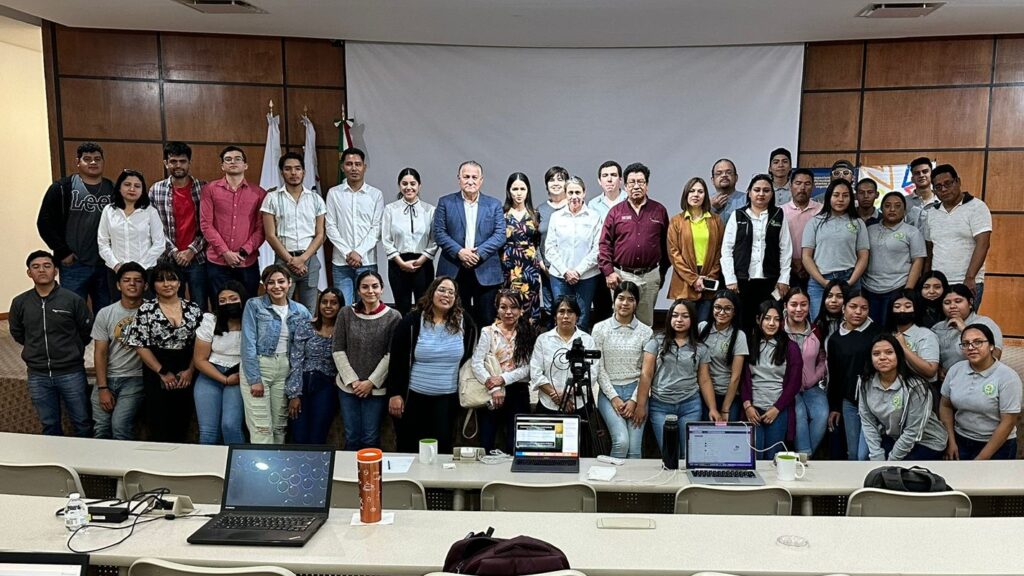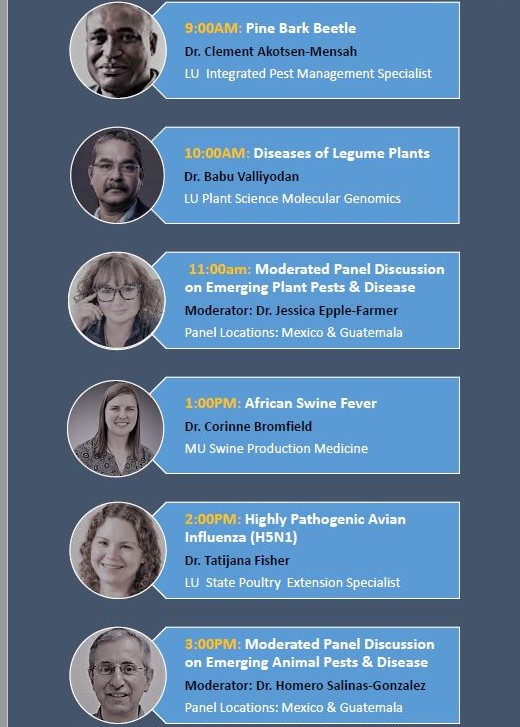
On March 24, Lincoln University conducted its second international symposium on “Monitoring Emergent Plant and Animal Diseases for Food Security in the Americas.” The symposium was to foster international partnerships that strengthen agricultural integrity in developing countries and engage international researchers, students and farmers in addressing agricultural pests and diseases.
With the growing importance of trade as a component of the U.S. economy, the animal and plant pests and diseases that affect trading partners are of interest to the U.S. This means the growth and stability of our partners has significant implications to the U.S. national food security and to the global food system as a whole.
Lincoln University share with our Latin American partners the important cultivation of pine trees and legume crops as well as the management of poultry and pigs. It is this commonality where the daylong symposium begins to address food security and defense.

Both Drs. Avelino Hernandez and Carlos Diaz, researchers from universities in Mexico, set up live viewing rooms with translators for farmers, students and other professors to participate in panel discussions. In Guatemala, Dr. Walfer Martinez set up a similar viewing room at his university, while Dr. Maria Eugenia was in the mountains working with the Farmer-to-Farmer Program participants. The Farmer-to-Farmer Program was initially authorized by Congress in the 1985 Farm Bill and provides technical assistance to farmers in developing countries with the goal of promoting sustainable improvements in food security, agricultural processing, production and marketing. Dr. Homero Salinas, a small ruminant specialist from Lincoln University, leveraged his contacts in Latin America to gather and coordinate the international collaborators.
More than 200 attendees from 10 different countries joined in discussing plant and animal diseases. The outreach power of the Latin American collaborators and the live panel participation of farmers and students added an unusually personal dimension to this international symposium. Not only did one hear from experts on a disease topic but also from farmers explaining how that disease presents itself and giving a glimpse of daily life on their farm.
“It is my hope that this format is intended to create an environment for global education of our students, farmers and university staff that prepares us all for a more collaborative future” said Dr. Jessica Epple-Farmer.

